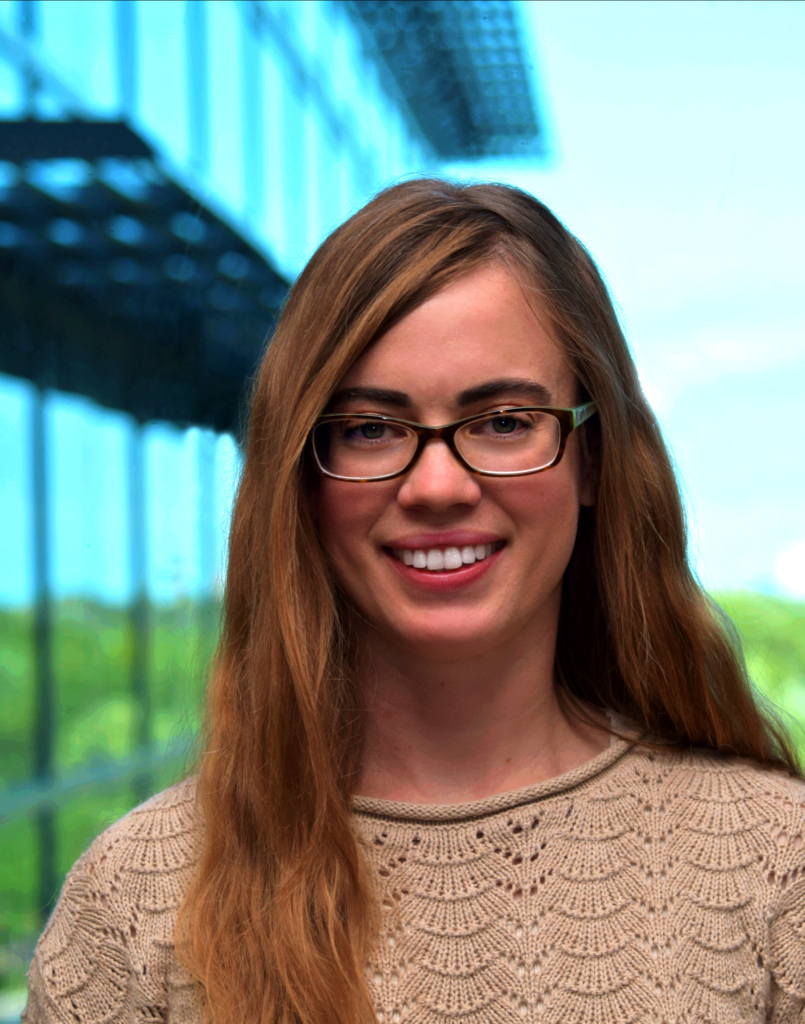Dr. Sarah Caudill, Nikhef, the Dutch National Institute for Subatomic Physics/VIRGO/LIGO

As an undergraduate student excited about physics, graduate school seemed like the natural next step for me. I was eager to enter the fast-paced field of gravitational-wave astrophysics, to learn from top researchers, to travel the world, and to investigate difficult-to-solve problems. In this talk, I will reflect on my expectations upon entering graduate school and how those expectations evolved as I passed my qualification exam, defended my PhD, obtained my first postdoctoral research position, and finally played a role in the first detection of gravitational waves. I will highlight the ups and downs encountered along the way and how these influenced my path forward. Finally, I will summarize key questions that students considering graduate, medical, or law school should consider when deciding whether this is the path for them.
Sarah Caudill is currently a gravitational-wave scientist at Nikhef, the Dutch National Institute for Subatomic Physics, where she analyzes data from the Laser Interferometer Gravitational-wave Observatory
(LIGO) and the Virgo detector. She is currently a Research & Development lead for searches for gravitational waves from compact binary coalescences, the hallmark search for Advanced LIGO and Advanced Virgo. Sarah guided detection pipeline development that led to the 2017 Nobel Prize for Physics-winning discoveries of gravitational waves from binary black hole mergers.
Sarah has been a member of the gravitational-wave community for 12 years. While earning a bachelor’s degree in Physics from Stetson University in 2006, Sarah worked as a research assistant at the California Institute of Technology’s LIGO laboratory. She earned a PhD in Physics from Louisiana State University under the guidance of Dr.
Gabriela Gonzalez for her work on detection pipelines for ringdown gravitational waves using machine learning classification. For the last five years, she was a postdoctoral researcher at the Center for Gravitation, Cosmology, and Astrophysics at the University of Wisconsin-Milwaukee where she joined the GstLAL search team, the first matched-filter-based pipeline to discover a gravitational wave in low-latency. She has co-authored dozens of publications as a member of the LIGO and Virgo Scientific Collaborations.
For her role in the detection of gravitational waves, Sarah has been interviewed by Discover, Wired, Vox, and Popular Mechanics as well as being awarded the 2017 Council on Undergraduate Research Fellows Award. With her collaborators, she shared the 2016 Special Breakthrough Prize in Fundamental Physics for the detection of gravitational waves 100 years after Albert Einstein predicted their existence.


